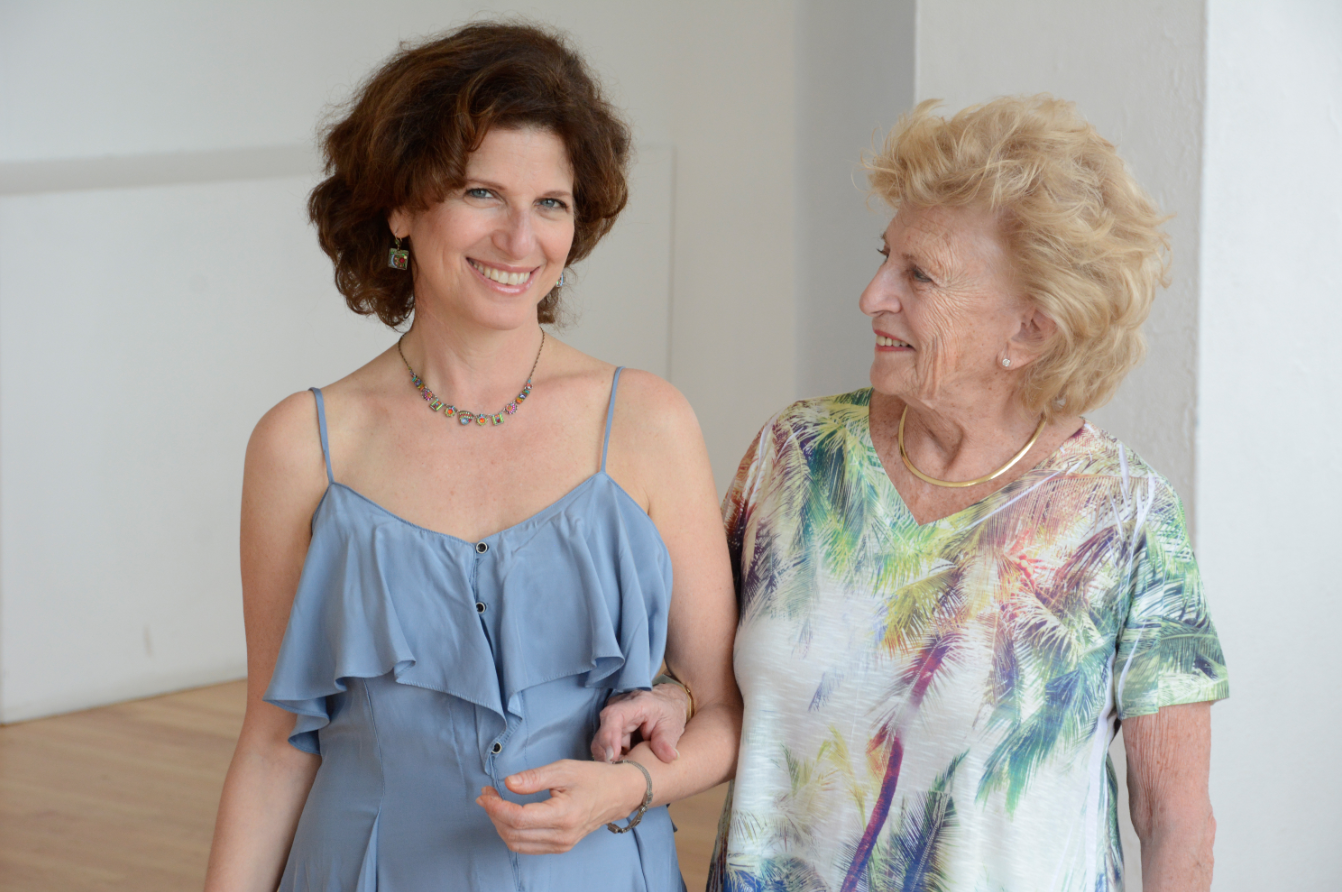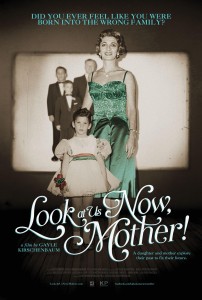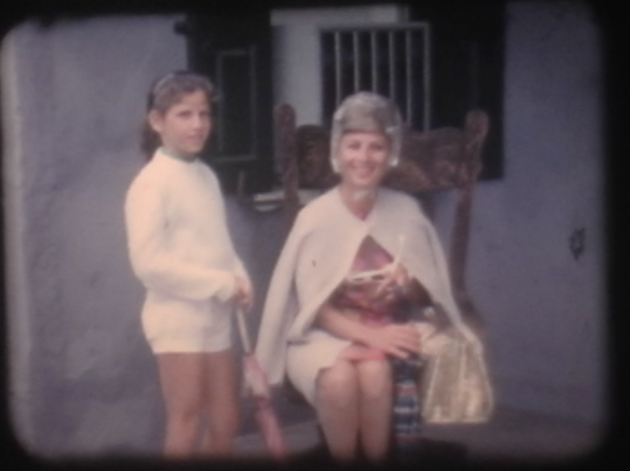
Gayle Kirschenbaum, “Accidental Therapist” for People Who Don’t Get Along With Their Mothers
It’s almost Passover—a time of renewal, of course, and a time to reflect on themes of freedom from enslavement.
There is a special Haftorah for the Shabbat before Passover. It’s the conclusion of the book of Malachi, and its last passage urges familial reconciliation—with a dire warning: “That you may turn the hearts of parents to their children, and the hearts of children to their parents, lest destruction smite your land.”
 I approach an interview with documentarian Gayle Kirschenbaum with these things on my mind. Her newest film, the feature-length “Look at Us Now, Mother,” has won multiple awards on the festival circuit and is currently playing in New York, Los Angeles, and Boca Raton (see here for future screenings); it moves on to Kirschenbaum’s native Long Island in time for Mother’s Day. The film examines Gayle’s often-fraught relationship with her mother, Mildred, and her attempts to heal from familial pains of the past. The project evolved from a short documentary of Gayle’s called “My Nose” (2007), in which Mildred tries to convince her daughter that she dearly needs a nose job and Gayle agrees to go with her for consults with a few plastic surgeons—as long as she can film the process. (The conclusion: No one but Mildred finds Gayle’s nose to be any kind of problem.)
I approach an interview with documentarian Gayle Kirschenbaum with these things on my mind. Her newest film, the feature-length “Look at Us Now, Mother,” has won multiple awards on the festival circuit and is currently playing in New York, Los Angeles, and Boca Raton (see here for future screenings); it moves on to Kirschenbaum’s native Long Island in time for Mother’s Day. The film examines Gayle’s often-fraught relationship with her mother, Mildred, and her attempts to heal from familial pains of the past. The project evolved from a short documentary of Gayle’s called “My Nose” (2007), in which Mildred tries to convince her daughter that she dearly needs a nose job and Gayle agrees to go with her for consults with a few plastic surgeons—as long as she can film the process. (The conclusion: No one but Mildred finds Gayle’s nose to be any kind of problem.)
“I never bought into my mother’s criticism—of my nose, my hair, my behavior. I didn’t take it personally, but I wanted to know why it happened,” Gayle says by phone from her apartment in New York (with Mildred, who’s in town from Florida for film screenings, by her side). “It didn’t affect my self-esteem, but it affected my feelings about loving and being loved. And I was always looking for answers. I knew I had to forgive her.”
After “My Nose,” “I saw the need to make the feature film,” Gayle says. “I felt I became an ‘accidental therapist’ for the people dealing with their own issues with their parents and families.”

Photo by Gerald Kirschenbaum
“Look at Us Now Mother” is not what most would call an easy ride. There are photos of young Gayle—usually in formal dresses—gazing up at a glamorous mother who doesn’t seem to know she’s there. (“I’d be dressed up in these things,” Gayle recalls now, “and then break out in rashes!”) There is film footage of her trying unsuccessfully to climb onto her mother’s lap. There is a blistering recollection of Mildred’s parental behavior from one of Gayle’s close childhood friends. There is even footage of current-day Gayle working with her mother in family therapy.



